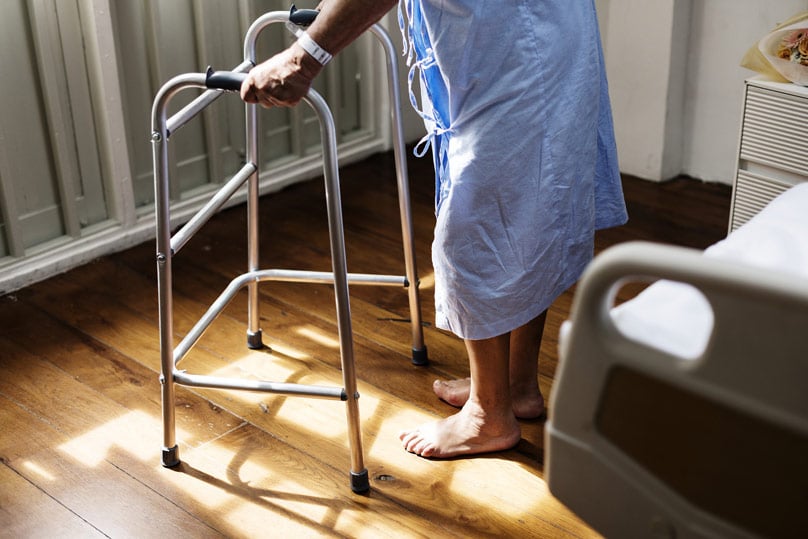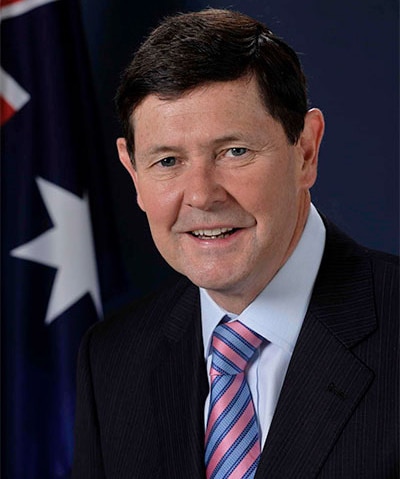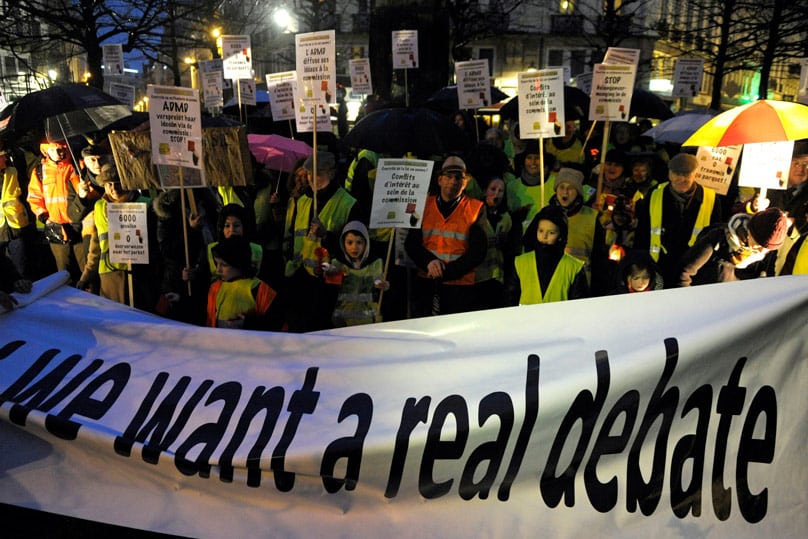
What is the proper role of the State when a person asks it to help him or her commit suicide?
Should the State facilitate the suicide – or should it provide physical and psychological support, including necessary pain relief and palliative care?
Proponents of euthanasia – in reality doctor-assisted suicide – argue that the State should pass laws to enable a doctor to assist the person’s suicide.
This approach is misguided and will ultimately result in the deaths of many people who have not consented to the practice.
The State should never contemplate assisting in the suicide of a person. A law that provides for suicide is and always will be a bad law.
Legislators cannot pretend that by passing such laws that they have simply facilitated a process.
As has happened in Victoria, the legislation passed by the Parliament involves the bureaucracy of the State in the process of suicide.
This is equally true for the Commonwealth, where legislation currently prevents the Territories from enacting doctor-assisted suicide laws.
Repealing this law would allow the territories to enact bad laws.

It is not a ‘state-rights’ issue, because the Australian Constitution specifically provides for the Commonwealth Parliament to limit the power of the Territories.
One of the arguments is that it is happening already, so we should regulate it.
This is like saying that some people will obtain high powered automatic guns, so we should regulate, not ban them.
If a person is willing to disregard a law which says lethal injections are never allowed, why would they be constrained by a law which says lethal injections are sometimes allowed?
If some doctors are prepared to take the law into their own hands and reject the clear requirements for knowledge and consent, why would they change their attitude, especially when dealing with an incompetent patient?
The law will have no impact at all on these circumstances. If the safeguards are disregarded, the only witness is dead.
Just as the law against automatic weapons will not stop possession of all automatic weapons, laws against homicide will not stop a minority of doctors from practising euthanasia.
But the law does send a message, and in the case of many people, it will protect them from abuse and save lives in circumstances where people have changed their minds.

Assisted suicide legislation sends a powerful message to the Australian community that the vulnerable are expendable and not valued.
What the parliament legislates to allow, we approve and encourage.
Nor is this is a debate about personal autonomy. A lethal injection is not an autonomous action, even with the use of a machine.
If a physically well person is suicidal, we provide them with counselling and care. Witness our response to the tragedy of youth suicide.
But, under the euthanasia laws, if an ill person is suicidal, the doctor decides that care is no longer required. In the doctor’s mind, death becomes an option.
This is not to mention the pressures, subtle and otherwise, on the elderly and infirm, many of whom already feel a great burden to others.
This is why groups representing the disabled and the elderly generally have rejected pro-euthanasia positions.
Some say that there is no difference between turning off a machine or refusing treatment and a lethal injection.
Many of us know of someone who has decided against another course of chemotherapy.
We do not say that is the same as a lethal injection.
If a person is given a lethal injection, it is the injection that kills them. Presumably, another injection would be given if the first did not work.
If we turn off a machine, it is the illness which leads to death.
If, as has occurred in many cases, the person continues to live, we care for them.
We have no intention to bring about their death.
There is a simple test for assisted suicide and euthanasia—that is to ask: what would you do if the person lived?
If you discontinue treatment and the person lives, you continue to care for them.
If you provide pain relief which risks hastening death, you only provide more doses when required to relieve pain.
Intention is the cornerstone of our ethical and legal systems. A person may shoot another, but not be guilty of homicide, if the shooting was in self-defence, was provoked, or was an unforeseen accident. It is the intention to kill that makes the action an offence.
Once these laws are introduced, experience in Belgium shows that they are extended in practice to include comparatively minor conditions such as blindness and incontinence, and eventually children.
Doctor-assisted suicide should be rejected on one unifying principle: the people who are most at risk are the most vulnerable, and a law which fails to protect vulnerable people will always be a bad law.
